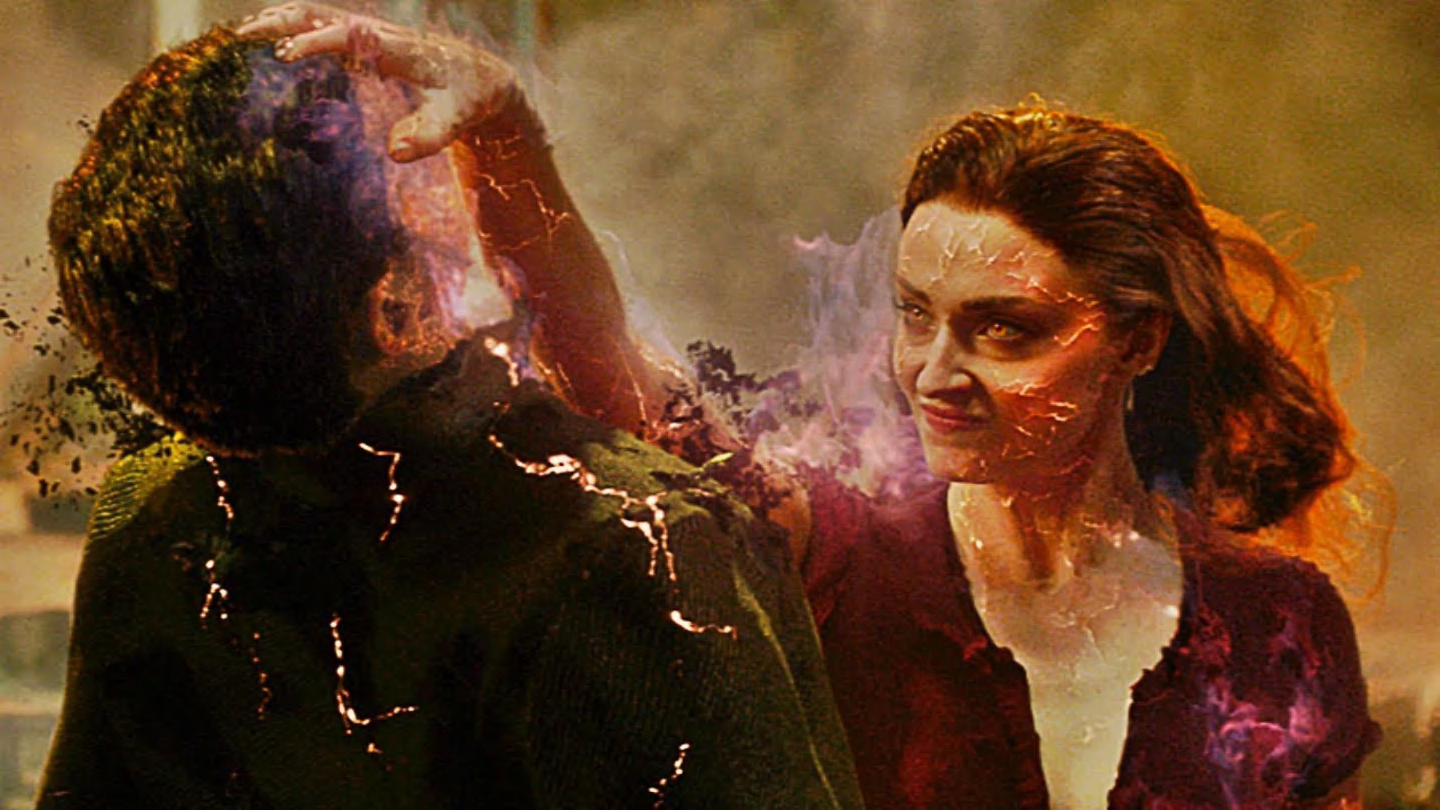
As a longtime fan of the X-Men franchise, I have to admit that I was deeply disappointed with “Dark Phoenix.” Having grown up watching these characters come to life on the big screen, I had high hopes for this latest installment. But it seems that the writers and directors took a wrong turn somewhere along the way.
The X-Men movie franchise held the top spot at the box office for nearly twenty years, representing superheroes in a time when they didn’t entirely rule Hollywood as they do today. From the release of the first X-Men film in 2000 up until 2020’s New Mutants spin-off (which came out after the main franchise had mostly concluded), X-Men films were consistent presences at cinemas.
In 2019, the primary film saga of the franchise concluded unexpectedly with the debut of “Dark Phoenix.” This installment reunited many actors from earlier movies and represented the second cinematic take on the Jean Grey/Dark Phoenix tale. Regrettably, it proved to be an even bigger letdown for the franchise than the initial attempt, drawing unfavorable criticism and underperforming financially. Consequently, the esteemed X-Men film series concluded in a disappointing manner.
An intriguing query: Why wasn’t “Dark Phoenix” well-received by audiences despite a more nuanced assessment than its 22% Rotten Tomatoes rating implies? Let’s explore the factors contributing to its lackluster performance in the X-Men series finale.
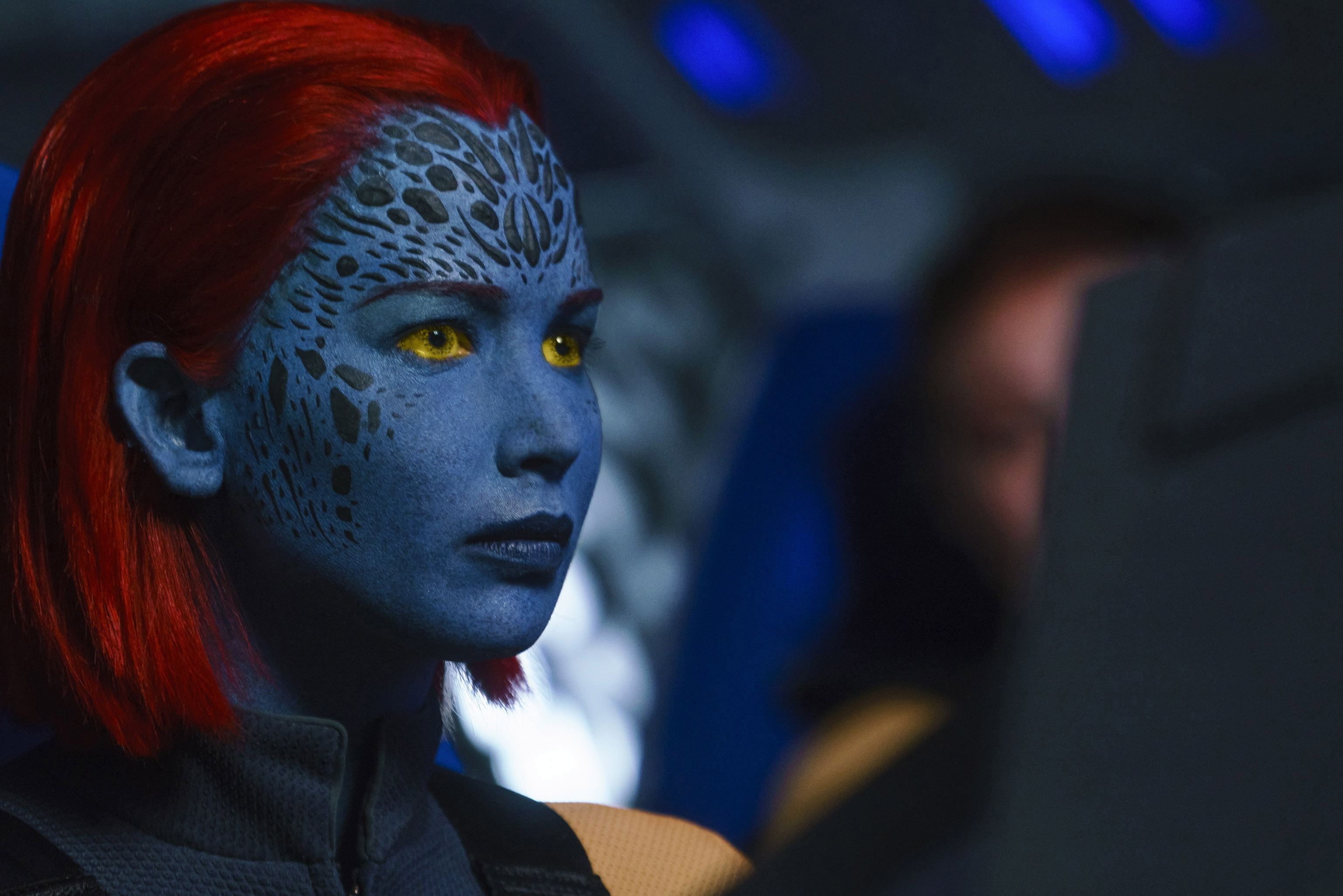
The unnecessarily cruel death of Mystique
In the X-Men prequels, Mystique, played by Jennifer Lawrence, emerged as a significant character to the delight of fans, who felt she had been underused in the initial trilogy. Lawrence brought Raven to life in a major way, with her role being pivotal in “First Class,” “Days of Future Past,” and “Apocalypse.” It seemed Mystique’s importance would persist in “Dark Phoenix” as she led the X-Men. However, things took an unexpected turn early in the film.
As a longtime fan of the X-Men comics, I cannot help but feel dismayed by Mystique’s unfortunate demise at the hands of Jean Grey. Having closely followed Mystique’s character development over the years, I couldn’t help but feel that her death was unnecessary and cruelly brutal.
Jennifer Lawrence reportedly wanted to leave the role of Mystique behind, which may have influenced her departure from “Dark Phoenix.” Nevertheless, other options could have been considered for writing her out. The X-Men prequels aimed to give due recognition to characters previously overshadowed. Unfortunately, “Dark Phoenix” went against this trend and showed disrespect towards Lawrence’s character instead. This is an unforgivable act.
The lack of Quicksilver
In the prequels to the X-Men films, Peter Maximoff, also known as Quicksilver, was a popular young character among fans. He played an unpredictable role, frequently joining the team at crucial moments and using his speed to help them. Although he wasn’t officially an X-Man until the end of Apocalypse, it seemed there would be more opportunities for him in future movies. However, unfortunately, this was not the case.
During the initial stage of “Dark Phoenix,” Quicksilver contributes to the team, but gets severely hurt multiple times at Jean Grey’s hands once her frenzy starts. Consequently, he is sidelined for an extended period. However, in the film’s concluding act, his presence is felt as he makes a reappearance, evidently still on the mend from his injuries.
As a dedicated gamer and huge fan of the X-Men series, I was really looking forward to seeing more of Peter in the latest game. However, due to Evan Peters’ busy schedule on American Horror Story, Peter’s screen time was significantly reduced. I get it, but as someone who cherishes this character, it was disappointing to see him sidelined so early in the game. Fans and I were left feeling let down by the way his storyline was handled.
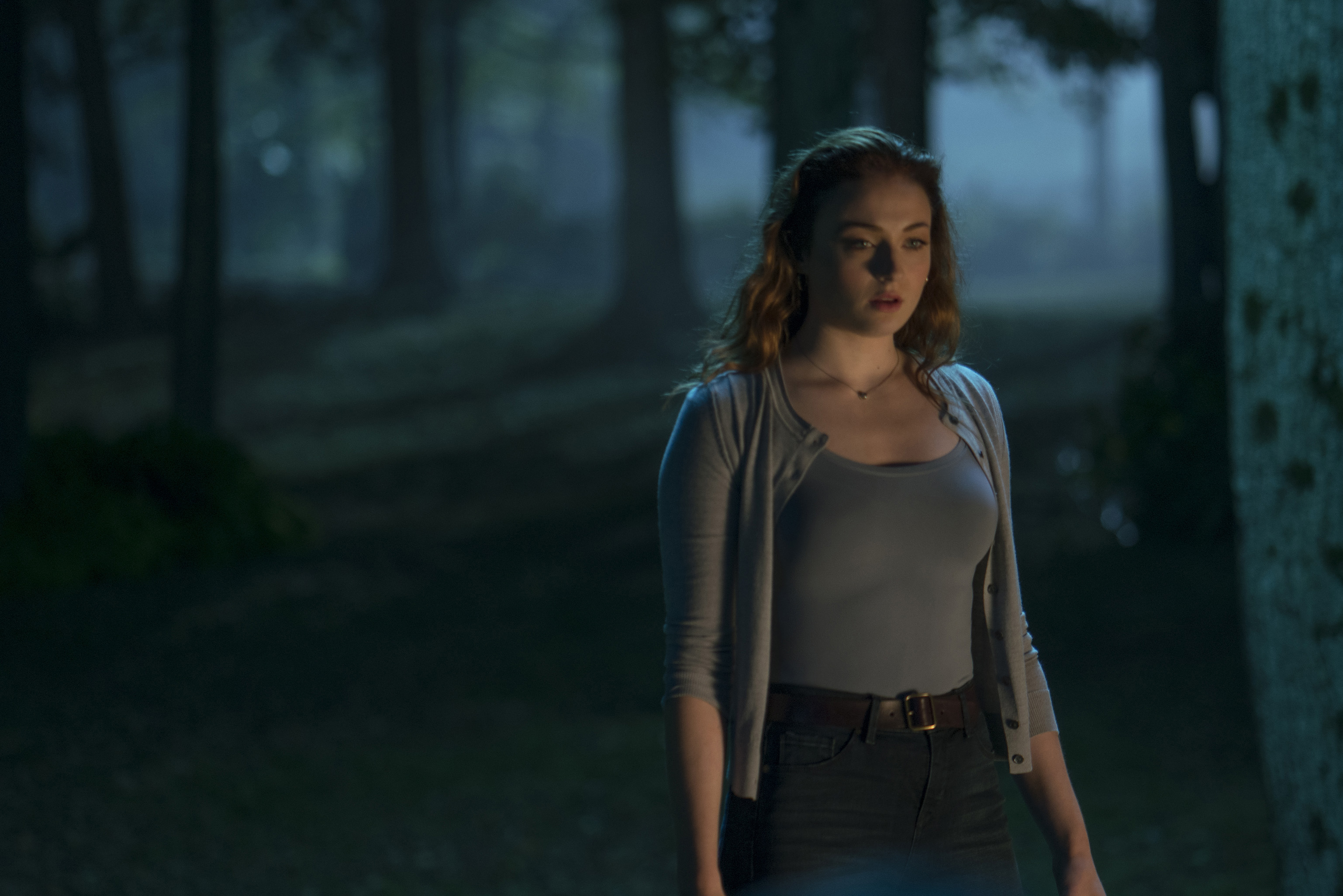
The dark tone
It’s enjoyable when a franchise, whether movie or TV show, mixes things up. I get why Dark Phoenix aimed for a more complex and ominous feel, distinguishing itself from its predecessors. However, despite good intentions, it didn’t hit the mark as evidenced by its underperformance at the box office.
As a gamer, I felt disconnected from “Dark Phoenix.” The absence of the “X-Men” title in promotional materials and the lack of the classic theme throughout the film left me longing for the familiar elements of the X-Men universe. In fact, the first act was reminiscent of traditional X-Men stories with its team dynamics and action sequences. However, the sudden shift into darker territory in the second half left me feeling unsatisfied instead of engaged. It was as if the film had lost its way, leaving me with a sense of disappointment rather than excitement.
In simpler terms, experimentation can benefit a franchise occasionally, such as Marvel Studios with “WandaVision.” However, “Dark Phoenix” abandoned the distinctive elements that made the X-Men films successful in an attempt to create a dark, suspenseful story. While there are effective moments, it ultimately fell short and was not the direction a franchise of this age and history should have taken when everyone knew its best days had passed. Consequently, the grim tone, despite Hans Zimmer’s captivating score, ended up being an unwanted conclusion for many fans as it failed to honor the essence of what made the X-Men movies great.
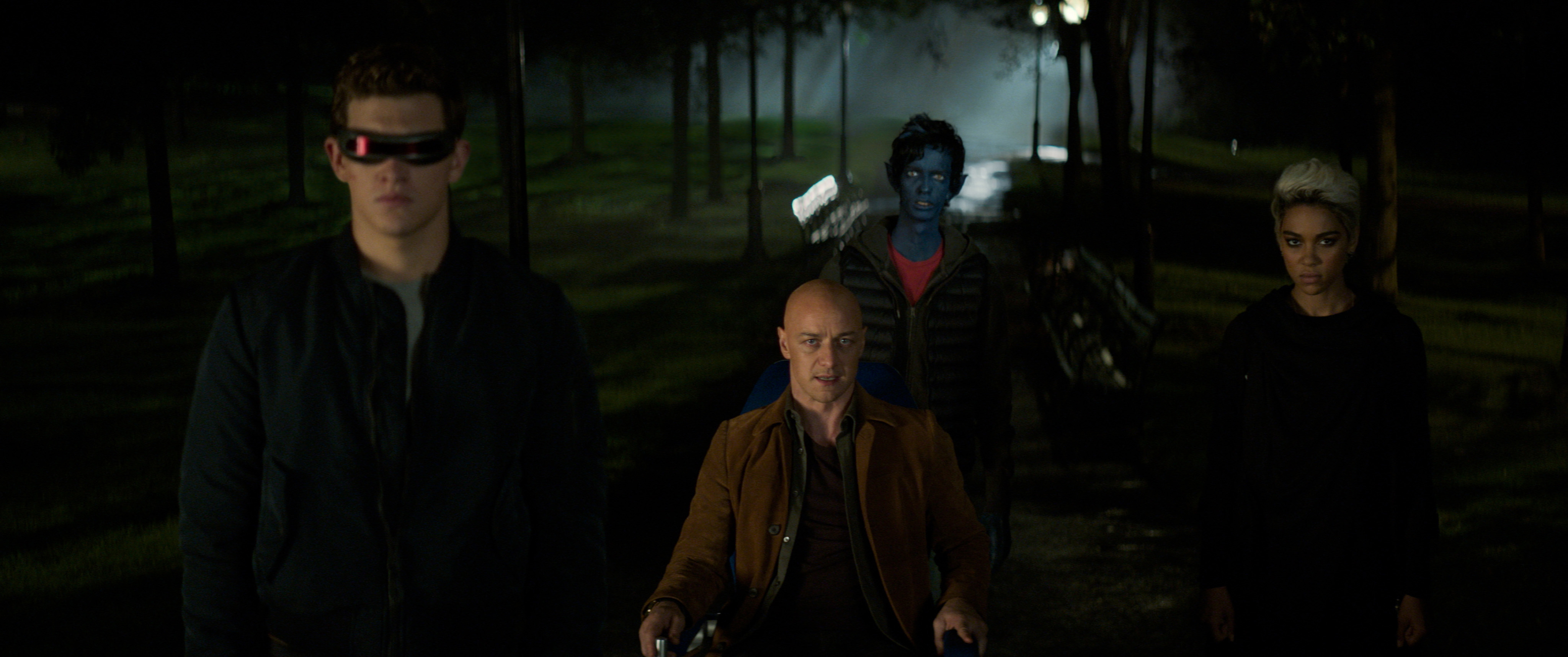
Too much is happening, but nobody has anything to do
One common complaint about “X-Men: The Last Stand” (2006) is that it tried to tackle too many significant storylines at once. This critique holds merit as the film endeavored to explore Jean Grey’s Dark Phoenix transformation and introduce the concept of a “mutant cure.” The result was an overloaded narrative where both intriguing stories didn’t reach their full potential due to the competing plots.
Unfortunately, “Dark Phoenix” faces the same complex issues. The title storyline is more prominent, but it struggles to handle the introduction of alien villains, Jean Grey’s childhood background, Charles Xavier’s moment of overconfidence, Mystique’s demise, and the resulting chaos. As a result, each element receives insufficient attention from the film.
As someone who has lost a loved one unexpectedly, I can deeply relate to the feeling of a rushed and underdeveloped death scene in a story. I remember how my own grief was compounded by the lack of emotional depth given to my grandmother’s passing in a movie. While the funeral and rain-soaked scenes were touching, the event itself seemed to pass too quickly, leaving me as an audience member feeling disconnected from the full impact of her loss.
During the primary narrative, Scott Summers, who’s involved with Jean, takes up a significant role but mainly uses his optic blasts in response to threats. Lightning bolts are Storm’s contribution to the fight scene, while Magneto is absent until the film’s latter part, reappearing only for an ordinary desire for vengeance against Jean for her actions towards Mystique. Beast initially intends to eliminate one of the X-Men, but eventually alters his decision in the name of the greater good without giving him a chance to fully grapple with it.
The fast-paced nature of Dark Phoenix left little time for criticism, yet it revealed the immense challenge the film faced in handling its complex narrative. With no space for reflection, the main characters were reduced to mere reactionaries, diminishing the emotional depth required for such a grand storyline.
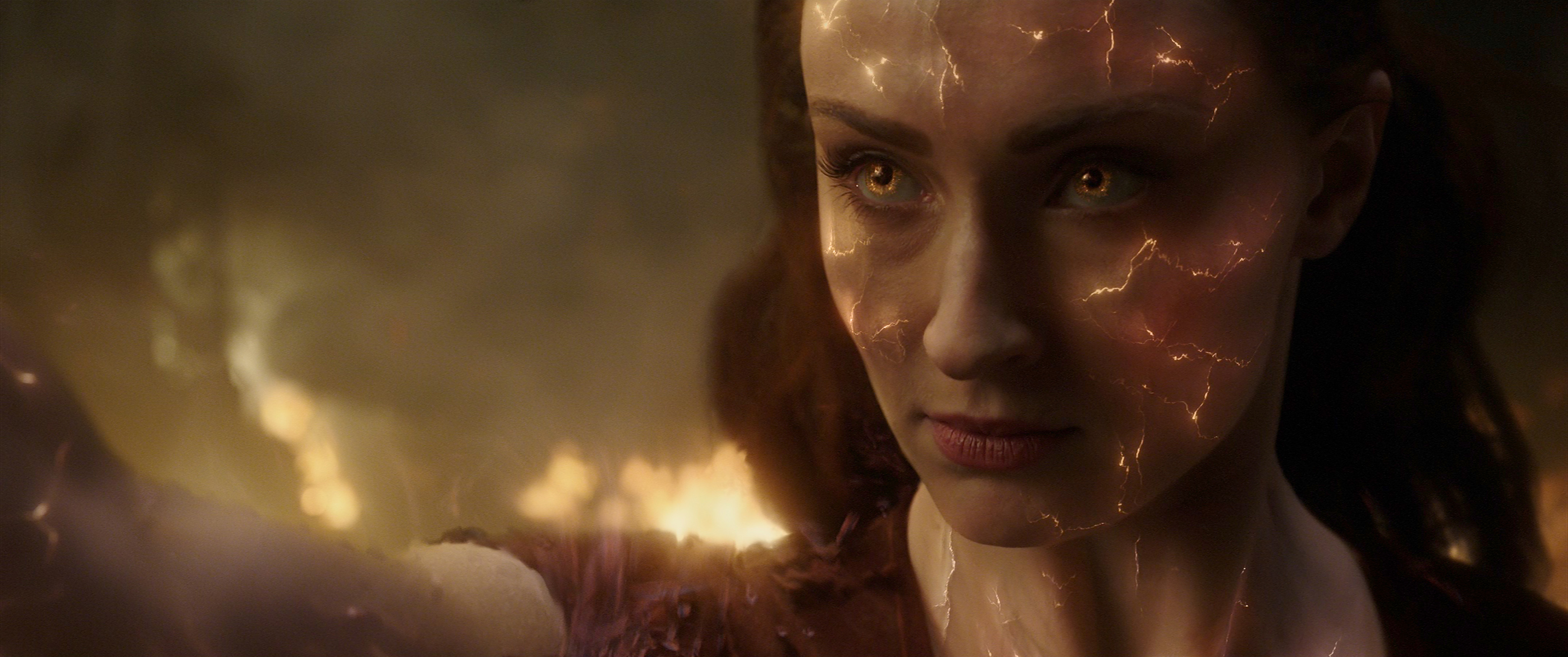
Jean Grey doesn’t feel like Jean Grey
In the film “Dark Phoenix,” one major issue arises from the portrayal of Jean Grey, a central character in this X-Men tale, which failed to capture the authentic essence of the beloved comic book figure. I want to emphasize that this wasn’t due to Sophie Turner’s acting, as she significantly improved upon her performance in “X-Men: Apocalypse.” Instead, it was a result of unconvincing character development and a hurried narrative.
If we had seen more of this portrayal of Jean in our movies, it could have felt more authentic; instead, we received a hurried representation of what should have been a complex character development. Fans weren’t fully convinced by Turner’s portrayal in “Apocalypse,” and the initial characterization fell short. Although Turner improved in “Dark Phoenix,” the film failed to showcase the character effectively, leaving her to carry most of the weight. She managed to achieve some success, but the storyline held her back.
If the prequels had additional installments to fully develop Jean’s character and build audience connection, a Dark Phoenix adaptation could have thrived in the future. However, due to the rush to release another Phoenix story so soon after the first, both the characters and the potential of this adaptation were underdeveloped. Jean Grey has so much depth yet this film focused on revisiting the Phoenix aspect at the expense of her own character growth.
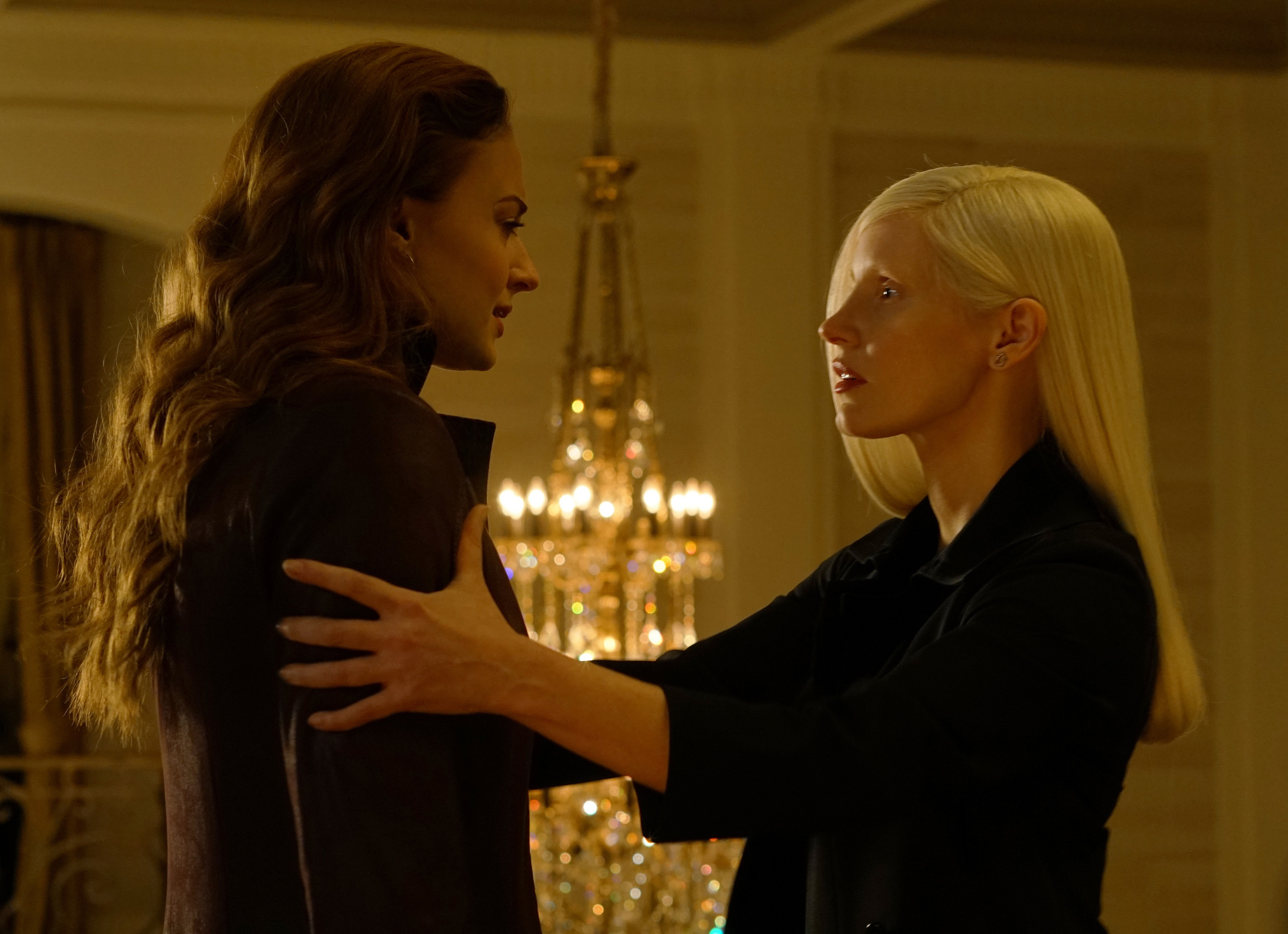
The weak villains
In a departure from typical superhero themes, Dark Phoenix explored horror and thriller aspects more profoundly. The arrival of the film’s otherworldly antagonists took us by surprise, adding an ominous and chilling twist to the X-Men storyline. However, despite these effective moments, neither the antagonists nor Jessica Chastain’s powerful acting could fully bring the villains to life.
An alien civilization sought the celestial being that Jean had absorbed, intending to harness her abilities for their own purposes, such as global domination. If she declined, they threatened to take it from her against her will. While this concept is acceptable on paper, the portrayal fell short. The aliens came across as bland and unengaging, making it challenging to view them as genuine adversaries. Furthermore, the film seemed to emphasize that Jean and the corrupting Phoenix Force within her were the main perils, undermining the credibility of the alien threat.
From a spectator’s perspective, watching the aliens take over the train is an exhilarating scene. However, there isn’t much depth provided beyond this visual appeal. The late appearance of their threat seems insufficient considering Jean had previously set the bar so high. If the filmmakers had established the intensity of the alien presence earlier in the movie, they may have effectively convinced viewers of their serious intentions. Instead, the hushed conversations and formal attire didn’t come close to achieving that effect.
The Hellfire Club weren’t part of the original script for this film, but their absence was felt when the decidedly conclusive ending emerged, leaving their involvement disappointingly lacking.

Been there, done that
One aspect that made “X-Men: First Class” stand out was its ability to breathe new life into the X-Men franchise by introducing fresh ideas. In “Days of Future Past,” the series took things a step further, intertwining past and present events to establish a revised timeline. This offered an opportunity for the franchise to correct previous errors and set a new course. Regrettably, it seemed to repeat some of those same mistakes once more.
As a longtime fan of the X-Men franchise, I can’t help but feel disappointed and disillusioned with the way the Phoenix storyline has unfolded in recent films. After what felt like a botched execution in “The Last Stand,” where Jean Grey’s character was mismanaged and ultimately killed off, it seemed we had moved on from that unfortunate chapter.
As a gamer, I can’t help but feel disappointed when I come across plot holes that disrupt the flow of a story. The 2019 film suggests that Jean Grey is still alive in her Phoenix form, but at the same time, it leaves the X-Men in a state of despair, mirroring their emotions after Jean’s death in the 2005 movie. This contradiction not only messes up the new timeline, but it also squanders the opportunity to start fresh with a clean slate.
In addition to these issues, there are other familiar plot points that stood out, such as Charles disregarding guidance from those around him (a characteristic of Professor X that the younger version had mostly avoided up until now), and Magneto’s desire for vengeance against Jean, which brought him perilously close to reverting to his malevolent ways. These elements felt worn out and unoriginal in this iteration.
The potential for innovative plotlines was abundant, but unfortunately, “Dark Phoenix” kept the series locked in a monotonous pattern.
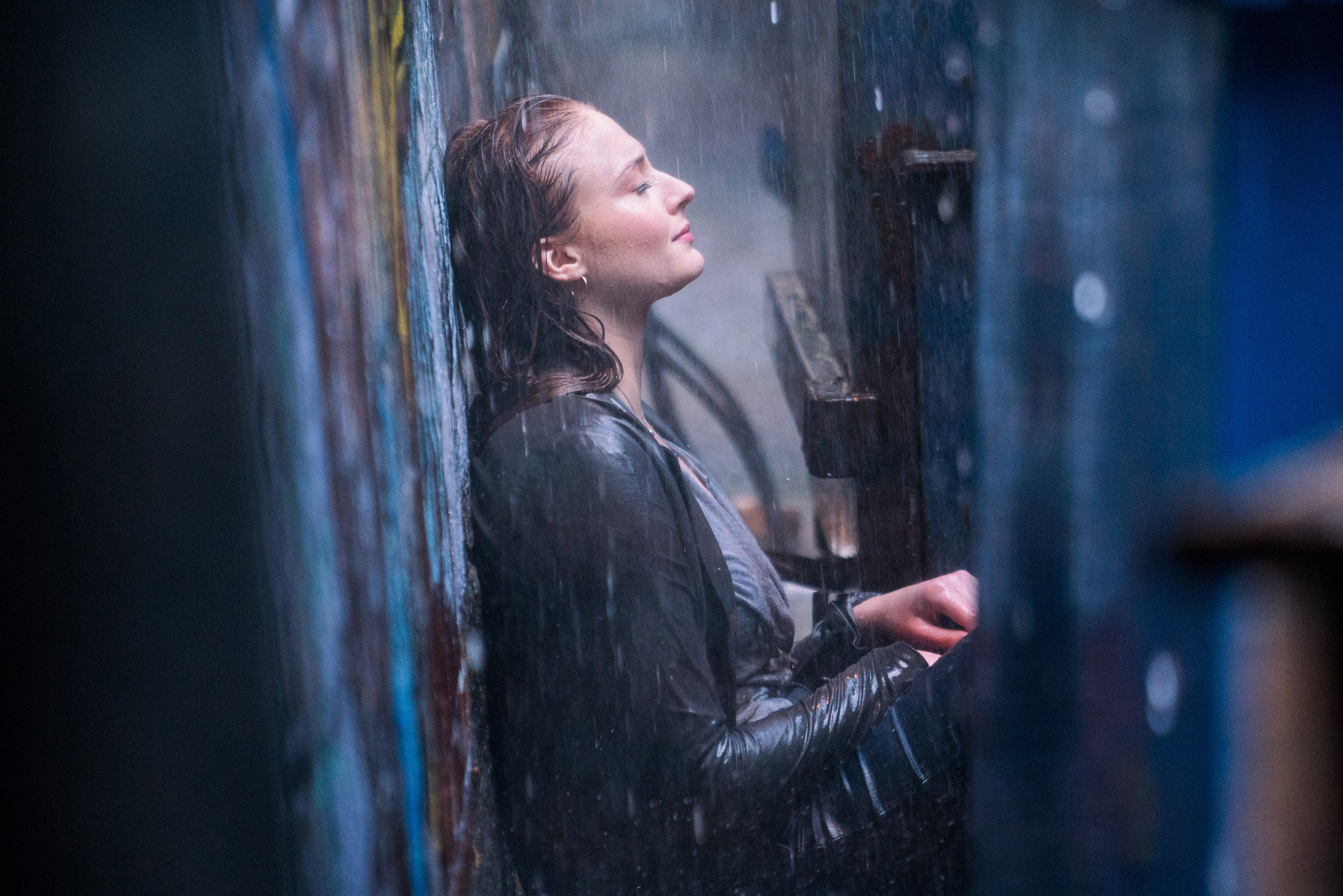
Wasted potential
Although not immediately apparent, “Dark Phoenix” has many commendable aspects. These elements help keep the film cohesive despite its flaws. Previously mentioned, these strengths effectively prevent the movie from being as poor as its critics claim.
Despite the debatable special effects and subpar narrative choices, what’s most disappointing is the untapped potential this film presents. With an abundance of resources at hand – from underutilized newcomers to a mismanaged character like Mystique – the end result feels unsatisfying. A more effective use of these elements could have led to a significantly improved final product.
Previously, we’ve touched upon how certain characters, such as Mystique and Quicksilver, were underutilized. However, there are other actors deserving of more screen time. For instance, Tye Sheridan delivers a remarkable performance as Scott Summers (Cyclops), making him the most convincing live-action Cyclops to date. It would have been great if we could explore his character and relationship with Jean Grey more deeply. The same sentiment applies to Alexandra Shipp’s portrayal of Storm; her talent is evident, but she doesn’t get much time to showcase it beyond action scenes. Lastly, Kodi Smit-McPhee’s depiction of Nightcrawler stole the show in most fight sequences and warranted more attention as well.
It would have been exciting to witness a more complex storyline for the characters in “Dark Phoenix,” rather than rehashing an overused plot that the series had previously mishandled. Instead, we were given a disappointing outcome, with some actors seemingly disengaged and fans feeling cheated. A disappointing conclusion to what could have been a thrilling continuation of this legendary film series.
Read More
- Clash Royale Best Boss Bandit Champion decks
- Vampire’s Fall 2 redeem codes and how to use them (June 2025)
- Mobile Legends January 2026 Leaks: Upcoming new skins, heroes, events and more
- M7 Pass Event Guide: All you need to know
- Clash Royale Furnace Evolution best decks guide
- World Eternal Online promo codes and how to use them (September 2025)
- Clash Royale Season 79 “Fire and Ice” January 2026 Update and Balance Changes
- Best Arena 9 Decks in Clast Royale
- Clash of Clans January 2026: List of Weekly Events, Challenges, and Rewards
- Best Hero Card Decks in Clash Royale
2024-07-18 17:32